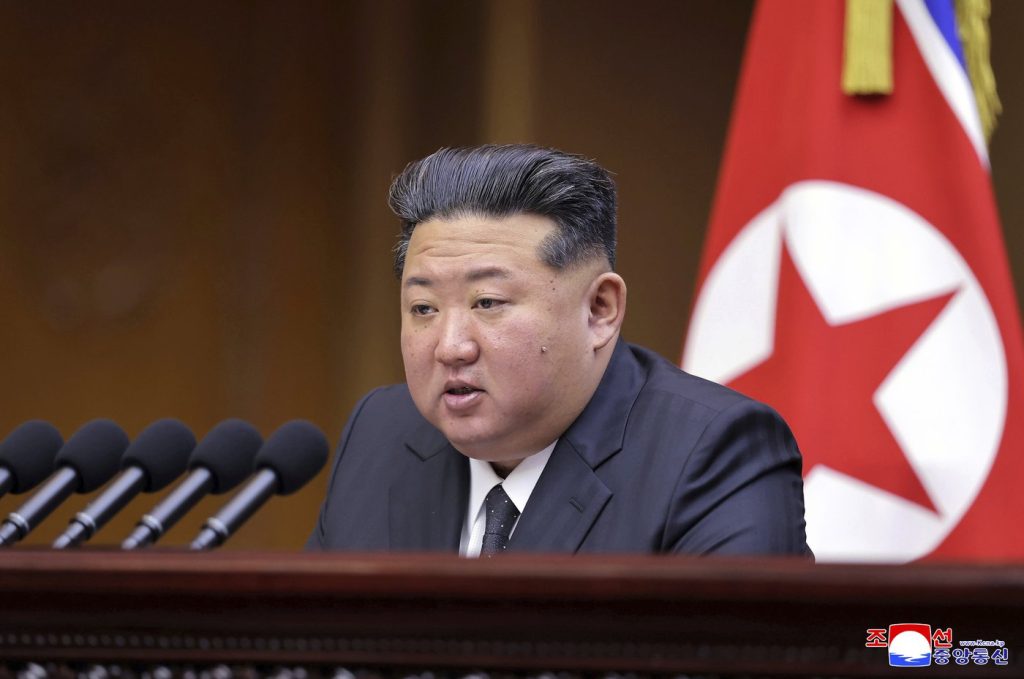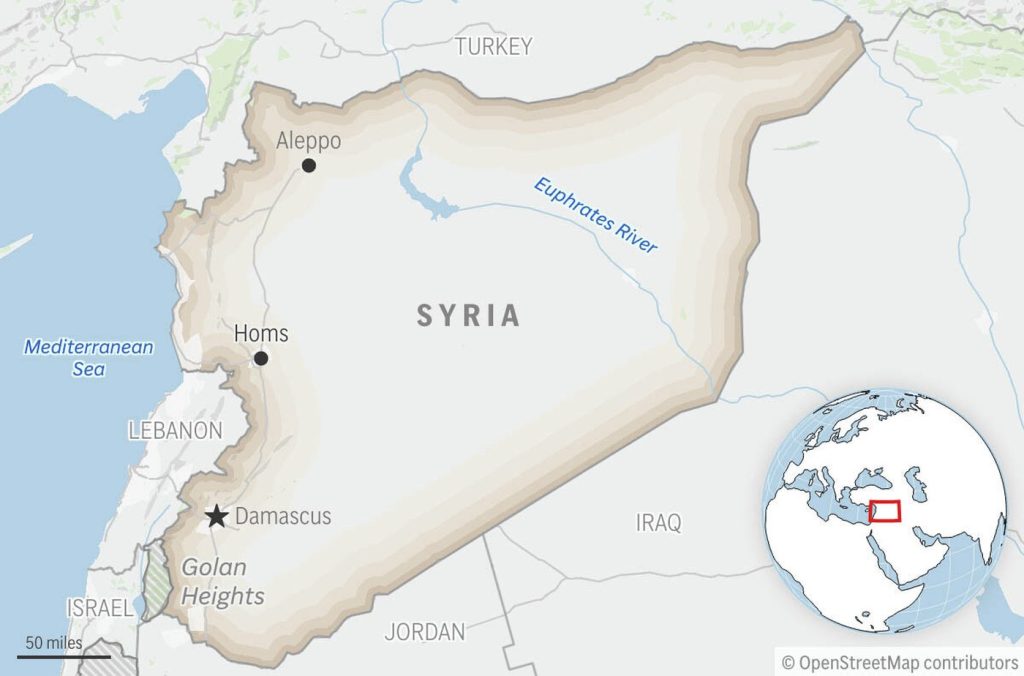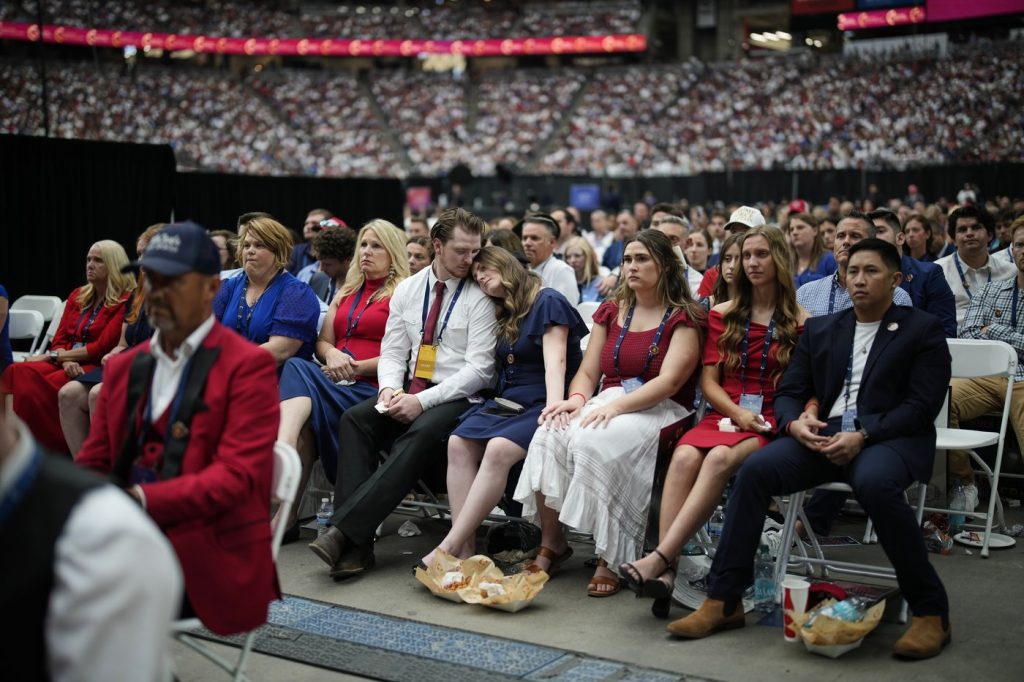North Korean leader Kim Jong Un has expressed positive memories of former U.S. President Donald Trump and has urged the U.S. to abandon its requirement for North Korea to surrender its nuclear weapons as a condition for resuming stalled diplomatic discussions. This statement was made during Kim's address to the Supreme People’s Assembly in Pyongyang, where he emphasized his lack of intention to engage in dialogue with rival South Korea, a crucial U.S. ally.
Kim's comments reflect a significant shift in relations since the breakdown of his second summit with Trump in February 2019, which collapsed due to disagreements over sanctions imposed by the U.S. Following this fallout, Kim has largely halted all cooperation with South Korea. Tensions on the Korean Peninsula have escalated in recent years, particularly as Kim has intensified his weapons development and aligned more closely with Russia amid the ongoing conflict in Ukraine.
As South Korean President Lee Jae Myung travels to New York for the U.N. General Assembly, where he is expected to address the nuclear issues concerning the Korean Peninsula, Kim's remarks highlight the growing rift. President Lee is anticipated to call for North Korea to return to negotiations. Additionally, Trump is reported to be visiting South Korea next month to participate in the Asia-Pacific Economic Cooperation summit, raising speculation about a potential meeting with Kim at the inter-Korean border.
In his speech, Kim reiterated his commitment to maintaining North Korea's nuclear arsenal, which experts believe he views as essential for his regime's survival and for the continuation of his family's dynastic rule. He stated, "The world already knows well what the United States does after forcing other countries to give up their nuclear weapons and disarm. We will never lay down our nuclear weapons... There will be no negotiations, now or ever, about trading anything with hostile countries in exchange for lifting sanctions."
Kim's continued emphasis on his nuclear program underscores his strategic goal of eventually compelling the U.S. to recognize North Korea as a nuclear power. His strategy aims to negotiate from a position of strength, seeking economic and security concessions from Washington. Recently, Kim has increased testing of various weapons capable of reaching U.S. allies in Asia and the U.S. mainland.
Moreover, Kim is engaging in a deeper partnership with traditional allies like Russia and China, seeking to undermine U.S. influence in the region. Notably, he has sent troops and military supplies to assist President Vladimir Putin's war efforts in Ukraine. His visit to Beijing earlier this month, where he shared a stage with President Xi Jinping and Putin at a military parade, seems to be a move to enhance his leverage ahead of any potential talks with the U.S.
Concerns are rising in Seoul about the possibility of losing its influence in future negotiations regarding the nuclear standoff. The fear is exacerbated by Kim's recent declarations, which included a retreat from North Korea's historical goal of peaceful unification with the South. He has also initiated a rewrite of the North's constitution to solidify the South as a permanent adversary.












